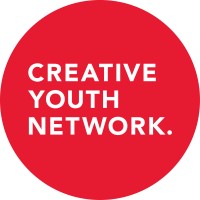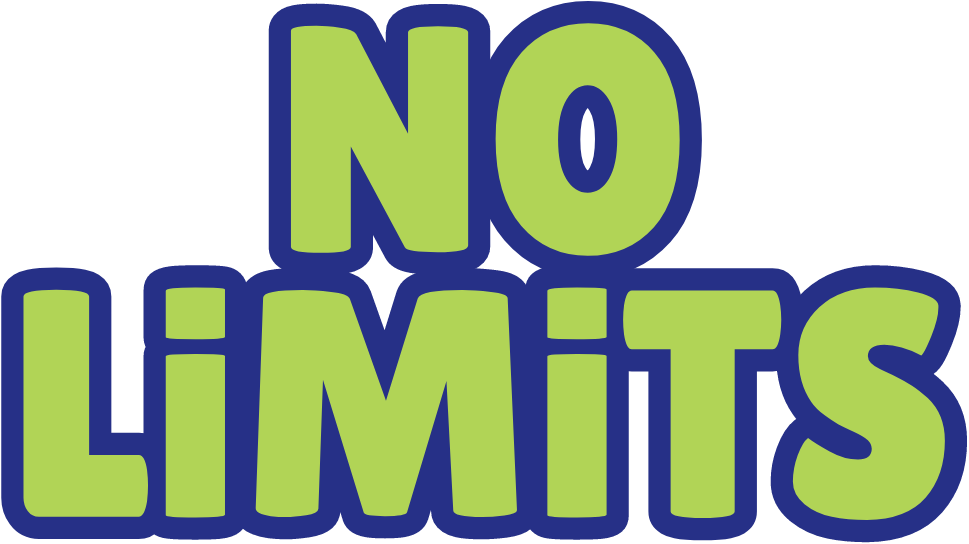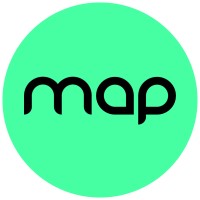Early Support Hubs
In 2024, the Prudence Trust launched a funding opportunity to support drop-in mental health hubs for young people aged 11-25.
As part of our belief in early intervention, we are keen to build the case for a network of early support hubs in the UK, driven by the Fund the Hubs Campaign, Youth Access and the recent Department for Health & Social Care Shared Outcomes Fund. Our intention, with this funding, is to showcase a small number of these high quality hubs which bring the model to life.
We sought hubs that are integrated within the local healthcare and voluntary sectors, and rigorously evaluate impact so that the model can be more widely and consistently scaled up and funded.
This funding round is now closed, but you can read about it and the successful charities here.
KEY INFORMATION
Application deadlines
First stage: 9 September 2024
Second stage: 21 October 2024
Purpose of funding
To support young people’s early support hubs to maintain existing services, strengthen relationship with clinical partners, or add new services to their model.
Eligible organisations
UK registered charities or CICs
An annual income above £1 million
Provides early support services free of charge to young people aged 11-25
Already running a drop-in support hub for at least the past three years
Example eligible costs
Core costs which could cover salaries, evaluation work, training, etc.
Value and term of grants
Total grants budget: £2 million
Grant size: £200,000-£500,000
Grant term: Up to 24 months
Who was funded
The following charities were awarded funding by the Prudence Trust:
- Centre 33 (for three hubs in Peterborough, Huntingdon and Wisbech)
- Cranstoun (for ROUTES in Dudley)
- Creative Youth Network (for The Station in Bristol)
- MAP (for their hub in Norwich)
- No Limits (for two hubs in Southampton)





How were the grants decided?
To help our decision making, we sought the advice of expert advisors and young people with experience of using drop-in early support hubs. Final decisions were made by the board of trustees.
We prioritised applications that best demonstrated the following strengths:
- The hub can demonstrate established links with other local community or voluntary services.
- The hub has systems in place that easily allow young people to contribute to the development of new services or make changes to services, according to their changing needs. The hub listens and is responsive to young people.
- Similarly, young people have a say in governance and in how the centre looks and feels. They feels it is “their” place.
- The hub can demonstrate it is reaching a broad demographic and particularly those most in need.
We will deem this funding programme successful if at the end of the two years, grants have enabled these goals to be reached:
- There are several high quality early support hubs in action, helping our understanding of what makes a good hub model.
- There is more evidence of the impact of access to early support hubs on young people, helping make clear the value of hubs.
- Through the relationships these hubs have built or maintained with local clinical services we have learned how such partnerships can be replicated and supported elsewhere.
- Young people have been able to access high quality advice and support for their needs, in one place, without referral or threshold barriers.
